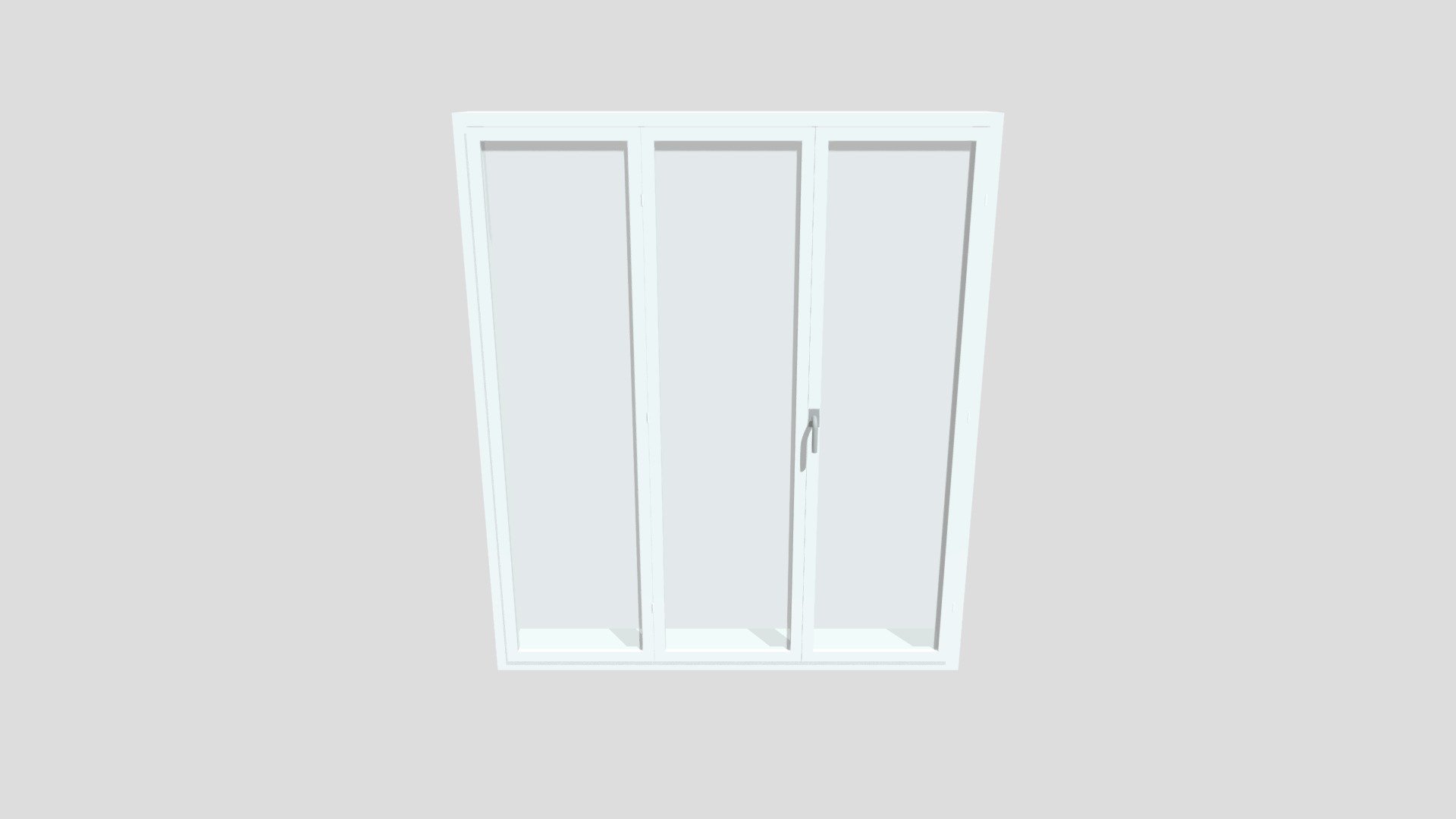Have you ever wondered what happens when a therapy session goes viral? Secret therapy leaked has become one of the most talked-about topics online, sparking curiosity and debates worldwide. People are digging deep to uncover the truth behind these mysterious leaks, and today we’re diving into the heart of it all. So grab your popcorn, because this is going to be a wild ride.
Let’s face it—therapy isn’t exactly new. It’s been around for ages, helping people deal with their emotional baggage, mental health issues, and life challenges. But when something as personal as a therapy session gets leaked, it raises a ton of questions. Is it ethical? Who’s responsible? And most importantly, why does everyone seem so obsessed with it?
Before we dive deeper, let’s set the scene. Imagine stumbling upon a secret therapy session online. You’re not sure if it’s real or fake, but the drama is undeniable. This phenomenon isn’t just about gossip—it’s about understanding the psychology behind why people are so fascinated by it. Stick around, because we’re about to spill all the tea on secret therapy leaked.
Read also:Skydoesminecraft Controversy
What Exactly Is Secret Therapy Leaked?
First things first, what do we even mean by "secret therapy leaked"? In simple terms, it refers to private therapy sessions that somehow make their way onto the internet. These sessions can include audio recordings, video clips, or even transcripts shared without consent. While some leaks might be accidental, others appear to be intentional, raising serious questions about privacy and ethics.
Here’s the kicker: these leaks have sparked a massive conversation about mental health, therapy, and the fine line between transparency and invasion of privacy. People are divided—some see it as a violation, while others argue it sheds light on the realities of therapy. But one thing’s for sure: it’s got everyone talking.
Why Are People So Obsessed With It?
Let’s be real here—humans love drama. There’s something irresistible about peeking into someone else’s private world, especially when it involves deep emotions and raw conversations. Secret therapy leaks tap into our innate curiosity, offering a glimpse into the often-hidden world of therapy.
But there’s more to it than just nosiness. For many, these leaks serve as a window into the therapeutic process. They provide insight into how therapists work, what clients go through, and the challenges faced during sessions. It’s like watching a behind-the-scenes documentary of mental health care.
- People crave authenticity in an age of curated social media.
- Leaked sessions offer unfiltered glimpses into real-life struggles.
- They spark empathy and understanding among viewers.
Is Secret Therapy Leaked Ethical?
Now, let’s talk about the elephant in the room: ethics. Is it okay to share someone’s private therapy session without their permission? Spoiler alert: no, it’s not. Therapy is a sacred space where people feel safe to open up about their deepest fears and vulnerabilities. Leaking these sessions violates that trust and can cause significant harm.
However, not all leaks are malicious. Some therapists choose to share anonymized clips to educate others or demystify the therapy process. When done ethically, this can be incredibly beneficial. But when it’s done without consent, it becomes a massive ethical gray area.
Read also:Viral Indian Mms Video
Legal Implications of Secret Therapy Leaks
Let’s break it down legally. In most countries, sharing private therapy sessions without consent is considered a breach of confidentiality. Therapists are bound by strict ethical guidelines and laws designed to protect client privacy. Violating these rules can result in serious consequences, including legal action and loss of licensure.
That said, the internet makes enforcement tricky. Platforms like YouTube and TikTok are filled with videos claiming to be "secret therapy leaks." While some may be fake, others are genuine, raising questions about accountability and regulation. It’s a messy situation that needs addressing.
Psychological Impact of Secret Therapy Leaks
Now let’s zoom in on the psychological side of things. How do these leaks affect the individuals involved? For starters, they can be incredibly damaging. Clients who have their sessions leaked may experience shame, embarrassment, and even trauma. It’s like having your most personal moments broadcasted to the world.
On the flip side, some people find solace in watching these leaks. They see themselves reflected in the struggles of others, realizing they’re not alone. It’s a double-edged sword that highlights the complexity of human emotions.
How Therapists Are Responding
Therapists are torn about the rise of secret therapy leaks. Some view them as a threat to the profession, fearing they’ll discourage people from seeking help. Others see them as an opportunity to educate the public and reduce stigma surrounding mental health.
Many therapists are now taking proactive steps to protect client confidentiality. This includes using secure platforms for virtual sessions, obtaining explicit consent before recording, and educating clients about privacy risks. It’s all about striking a balance between transparency and protection.
Who’s Behind These Leaks?
Alright, let’s get to the juicy part—who’s actually behind these leaks? While there’s no one-size-fits-all answer, a few patterns emerge. Sometimes, it’s disgruntled ex-partners seeking revenge. Other times, it’s tech glitches or hacking incidents that expose private sessions. And then there are the thrill-seekers who leak just for the attention.
Regardless of the motive, the impact is the same: lives are disrupted, trust is shattered, and the therapeutic relationship is put at risk. It’s a stark reminder of the importance of digital security in today’s world.
Top Reasons for Leaks
- Revenge or spite
- Accidental exposure
- Hacking or data breaches
- Curiosity-driven sharing
How to Protect Yourself From Secret Therapy Leaks
If you’re considering therapy, it’s natural to worry about leaks. After all, no one wants their personal business splashed all over the internet. Luckily, there are steps you can take to protect yourself:
- Choose a reputable therapist who prioritizes confidentiality.
- Ask about their data protection policies.
- Opt for in-person sessions if possible to minimize digital risks.
- Be cautious about sharing sensitive information online.
Remember, your mental health is worth protecting. Don’t let fear of leaks stop you from getting the help you need. With the right precautions, you can ensure your sessions remain private and secure.
The Role of Technology in Secret Therapy Leaks
Technology plays a huge role in this phenomenon. With the rise of teletherapy, more sessions are taking place online, increasing the risk of leaks. Platforms like Zoom, Google Meet, and Microsoft Teams have become essential tools for therapists, but they also pose potential security threats.
That’s why it’s crucial for both therapists and clients to stay informed about cybersecurity best practices. Simple measures like enabling two-factor authentication, using strong passwords, and keeping software up to date can go a long way in preventing leaks.
Popular Platforms for Teletherapy
- Zoom
- Doxy.me
- Talkspace
- BetterHelp
Each platform has its own strengths and weaknesses when it comes to security. Do your research and choose one that aligns with your needs and priorities.
Secret Therapy Leaked: The Bigger Picture
When we zoom out, secret therapy leaks are part of a larger conversation about privacy in the digital age. As our lives become increasingly intertwined with technology, the line between public and private blurs. This raises important questions about how we protect sensitive information and respect boundaries.
It also highlights the need for greater awareness and education around mental health. By discussing topics like therapy leaks openly, we can reduce stigma and promote understanding. It’s a delicate balance, but one worth striving for.
Conclusion: What’s Next for Secret Therapy Leaks?
So, where do we go from here? Secret therapy leaks aren’t going away anytime soon, but that doesn’t mean we should ignore the issues they raise. By addressing concerns around ethics, legality, and technology, we can create a safer, more supportive environment for everyone involved.
Here’s what you can do:
- Spread awareness about the risks of therapy leaks.
- Support ethical practices in mental health care.
- Encourage open conversations about privacy and confidentiality.
Remember, knowledge is power. The more we understand about secret therapy leaks, the better equipped we are to handle them. So keep learning, keep questioning, and most importantly, keep caring.
Table of Contents
- What Exactly Is Secret Therapy Leaked?
- Why Are People So Obsessed With It?
- Is Secret Therapy Leaked Ethical?
- Legal Implications of Secret Therapy Leaks
- Psychological Impact of Secret Therapy Leaks
- How Therapists Are Responding
- Who’s Behind These Leaks?
- How to Protect Yourself From Secret Therapy Leaks
- The Role of Technology in Secret Therapy Leaks
- Secret Therapy Leaked: The Bigger Picture


